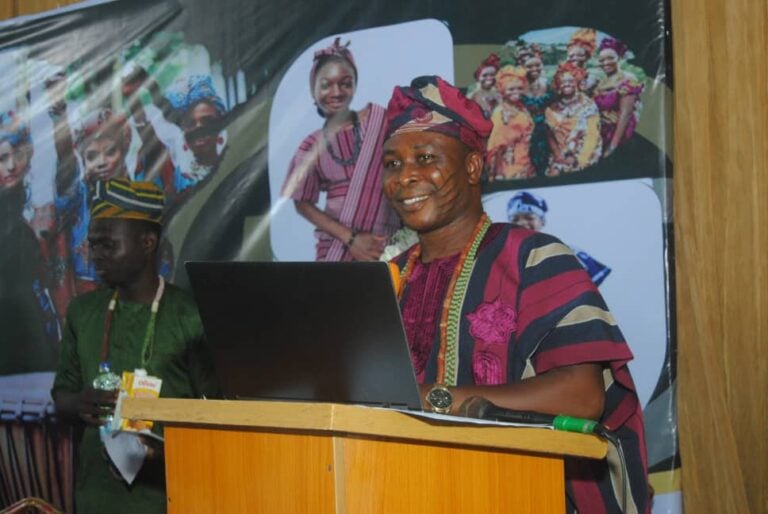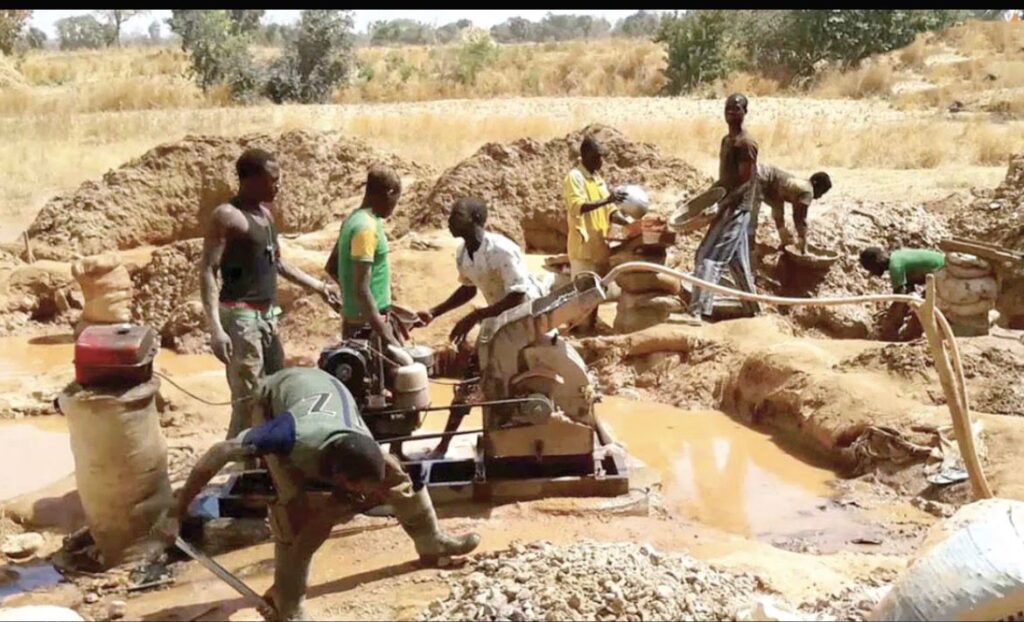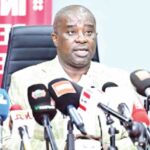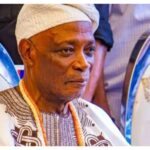Ifa Council Leader Traces Ibadan’s Name to Iba and Odan

The President of the International Council for Ifa Religion, Fayemi Fakayode, has challenged the long-held belief about the origin of Ibadan’s name, asserting that the city’s name evolved from “Iba” and “Odan” rather than “Eba” and “Odan.”
Fakayode made this clarification while presenting a paper titled “A Sociocultural Relevance of Osemeji Festival in the Modern Time” during the 2025 Osemeji Obamoro Conference held at the House of Chiefs, Secretariat, Ibadan, on Saturday.
He argued that linguistic logic supports the derivation from “Iba” and “Odan,” explaining that if the city’s name had indeed come from “Eba” and “Odan,” it would have naturally transformed into “Ebadan.”
“The point is that Ibadan was coined from Iba + Odan and not from Eba + Odan,” Fakayode said.
“Lagelu, the Jagun of Ile-Ife, left the ancient city after a feud with the then Ooni of Ife and settled with his followers between the grassland and the Egba forest.
They survived mainly through hunting and stored their game in a pantry.
In Yoruba, ‘Ileba’ or ‘Iba’ means pantry, while ‘Odan’ refers to a meadow. Hence, ‘Ilébà/Ibà Òdàn’ translates to ‘pantry in the meadow.’”
He dismissed the theory that European settlers mispronounced the name, insisting that English speakers could correctly pronounce the vowel sound “Ẹ” if it had truly existed in the word.
“The claim that white men mispronounced Ebadan as Ibadan is false,” he stated. “There is ‘Ę’ in the English language, as in ‘Elephant’ and ‘Egg.’ If the name were Ebadan, they would have pronounced it properly.
They would also have turned ‘Ede’ to ‘Ide’ and ‘Egba’ to ‘Igba’ if they couldn’t pronounce ‘Ẹ’. You can see the logic.
We need to correct this henceforth so that our children and grandchildren can be properly educated.”
At the same event, former Secretary of the Oyo State Branch of the Nigerian Institution of Surveyors, Dasola Fadiran, presented a paper titled “The Roles of Isese Practitioners in Economic Development.”
Fadiran highlighted the economic value of Yoruba traditional practices, noting that artworks, herbal remedies, cultural products, and festivals have contributed significantly to tourism and local economies across Nigeria.
He also revisited the traditional explanation that Ibadan’s name derived from “Eba Odan,” meaning “by the edge of the meadow,” describing how that version reflected the city’s strategic geography between forest and grassland.
According to him, the old account linked Ibadan’s rise to the early 19th century when warriors and refugees from Ife, Oyo, Ijebu, and Egba settled there after the fall of Owu, transforming a temporary war camp into a powerful Yoruba stronghold.









